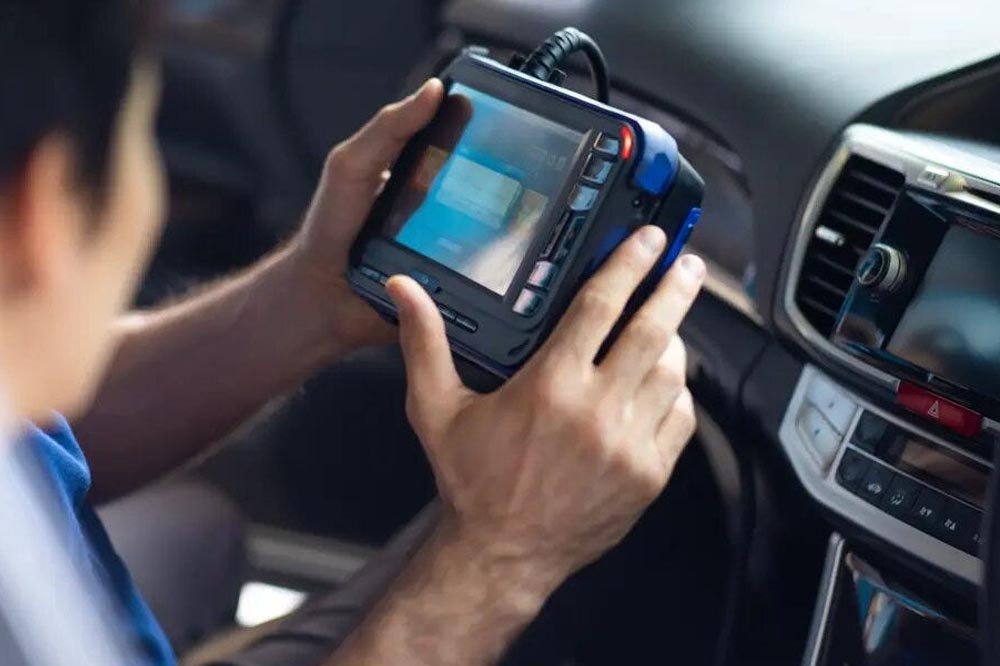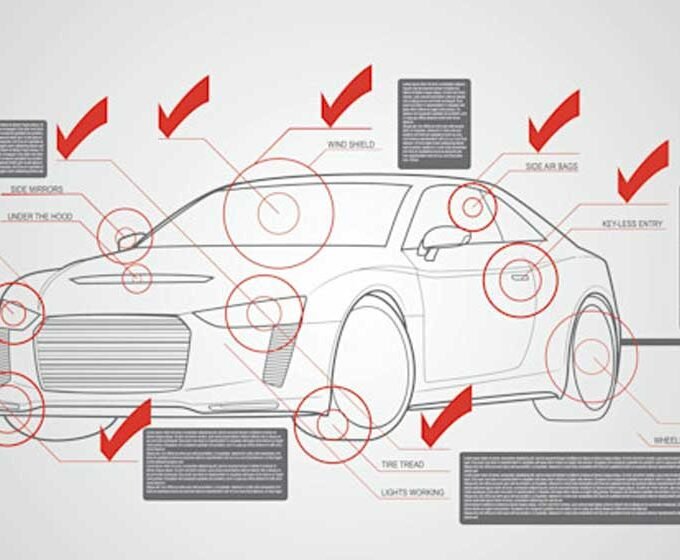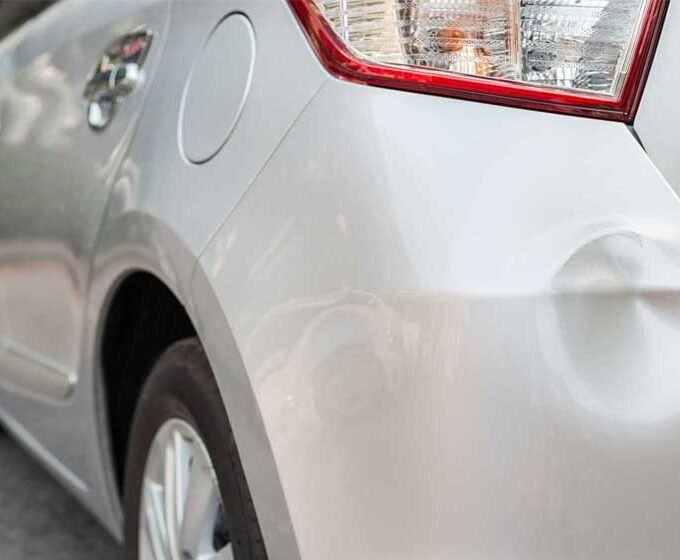A Milege Blocker is a specialized device integrated into a vehicle to selectively stop the recording of miles on the odometer. It is typically used during vehicle testing or when owners wish to maintain a certain mileage reading for resale value.
While it provides a way to control odometer readings, the use of a mileage blocker is surrounded by legal and ethical debates, as it can affect vehicle warranties, resale values, and even insurance claims.
How Mileage Blockers Work?
Mileage blockers function through a sophisticated mechanism designed to interface directly with a vehicle’s odometer system. Here’s how they operate:
- Connection: The device is typically connected to the speedometer cable or directly to the electronic circuit that manages the odometer.
- Control: Once installed, a mileage blocker can be activated via a remote control or a switch discreetly installed within easy reach of the driver.
- Intervention: When activated, the device disrupts the signal that records the distance traveled. This prevents the odometer from logging any miles while the vehicle is in motion.
- Reversibility: The blocking of mileage recording can be turned on and off, allowing the car owner to control when miles are recorded.
- Detection Resistance: Modern mileage blockers are designed to be undetectable by standard diagnostic tests performed during routine vehicle inspections or servicing.
This process allows vehicle owners to test their cars or use them in certain conditions without increasing the recorded mileage, maintaining the vehicle’s lower mileage status for various purposes, including resale.
Implications of Using Mileage Blockers
The use of Mileage Blockers can have far-reaching consequences for vehicle owners. While they might preserve the vehicle’s low mileage appeal, which potentially enhances resale value, this practice also skirts ethical and legal boundaries. In many jurisdictions, employing a mileage blocker to conceal the actual mileage of a vehicle before sale is considered fraudulent. This can lead to legal repercussions, including fines and criminal charges. Additionally, tampering with odometer readings can affect insurance claims. If an insurer discovers that a mileage blocker has been used, they may deny claims or cancel the policy outright, leaving the owner vulnerable to significant financial losses.
In conclusion, while Mileage Blockers may offer short-term benefits by keeping mileage low, the legal and ethical risks involved make them a precarious choice. Vehicle owners should carefully consider the long-term implications before deciding to use such devices.
















